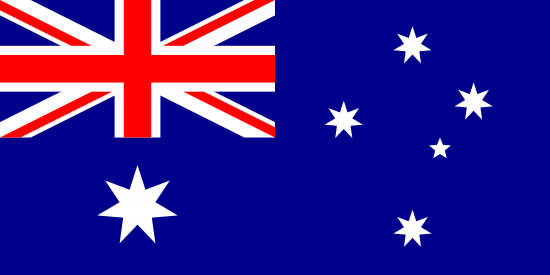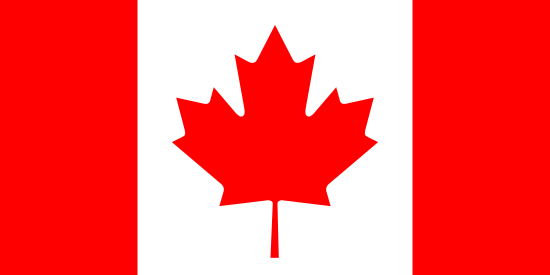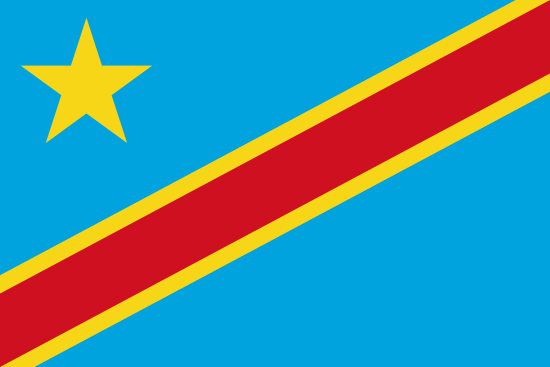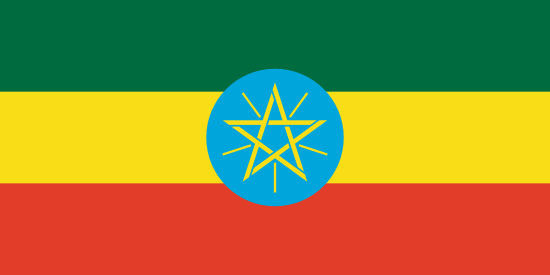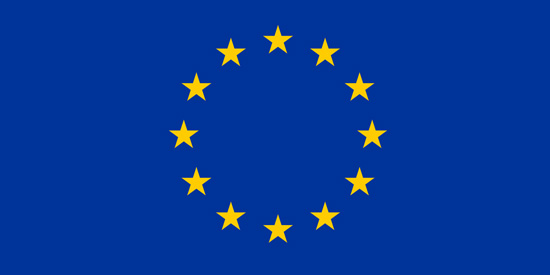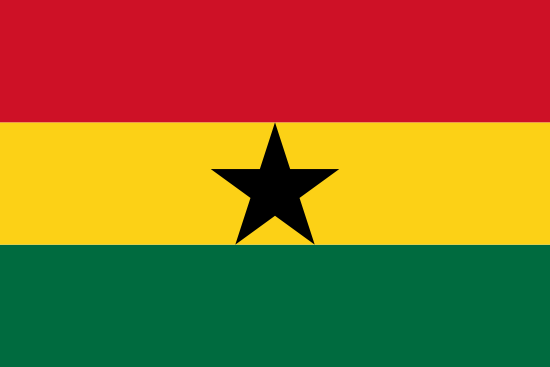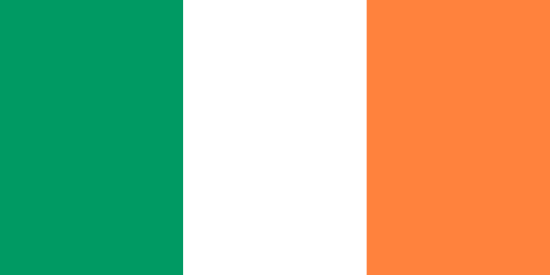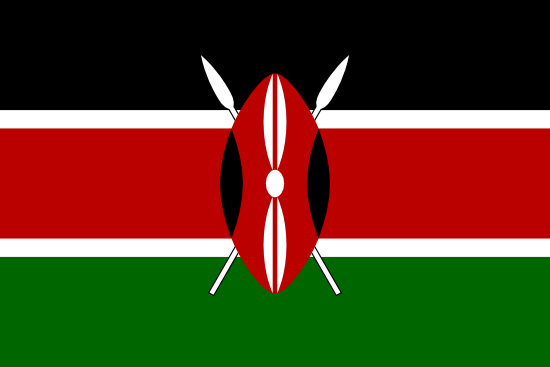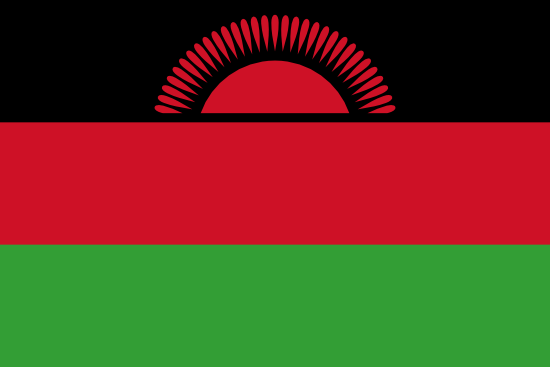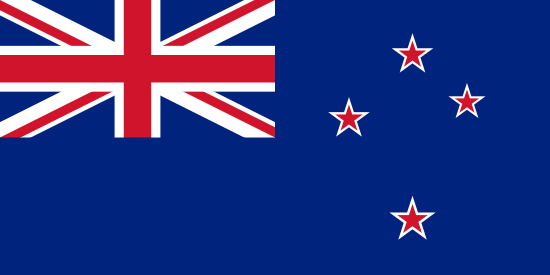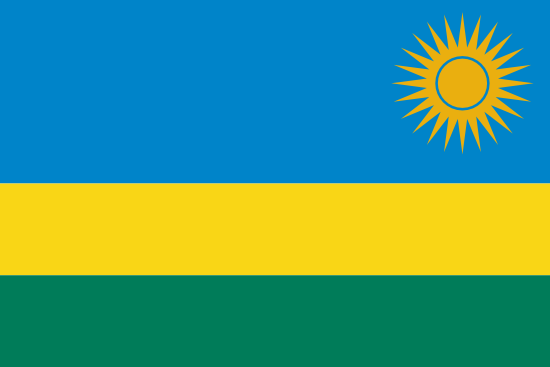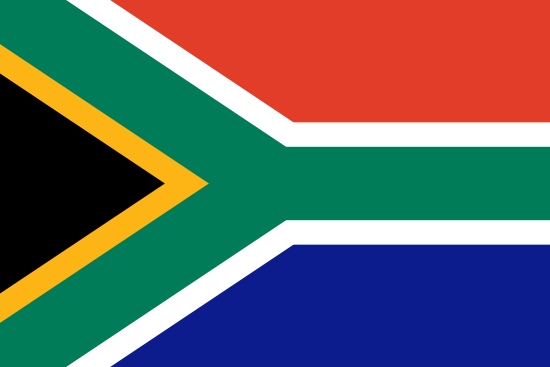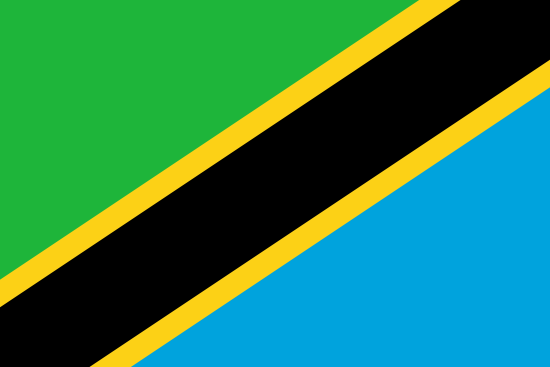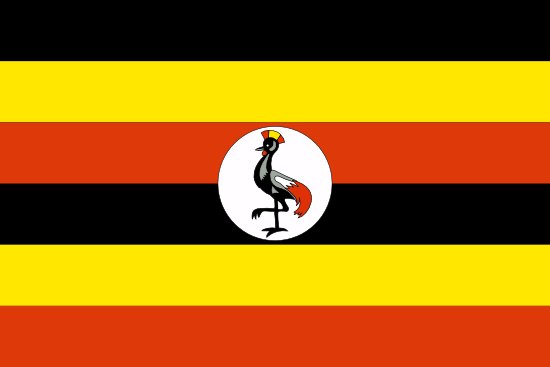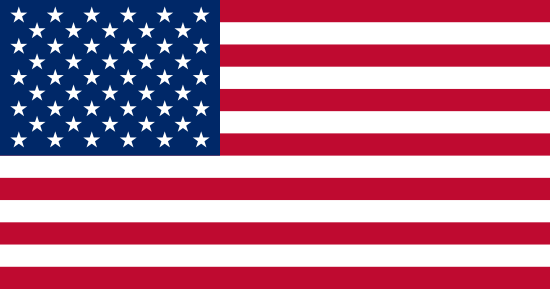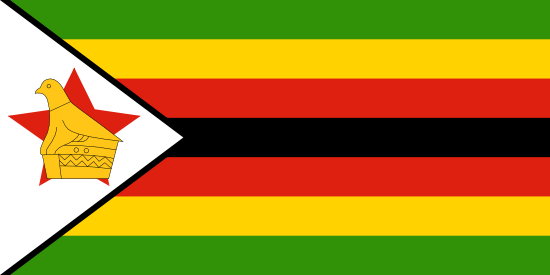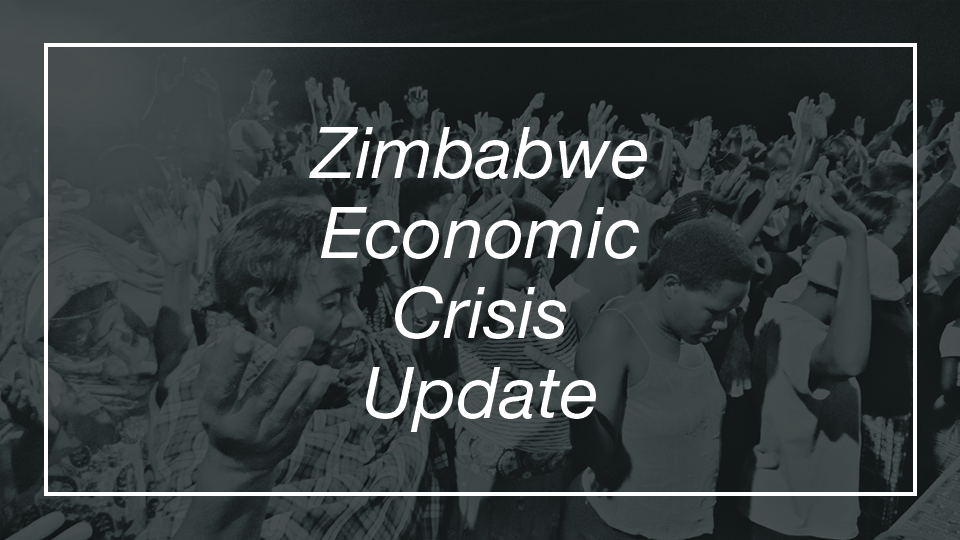Zimbabwe Crisis, here is what you need to know:
Saturday, January 12
Zimbabwean President Emmerson Mnangagwa announces a sharp increase in fuel prices in a measure to improve supplies as the country struggles with its worst petrol shortage in a decade.
In an address on state TV, Mnangagwa says the prices of petrol and diesel will more than double to tackle a shortfall caused by increased fuel usage and illegal trading.
Mnangagwa, who took over from long-time leader Robert Mugabe and won a disputed election in July, says petrol prices will rise from $1.24 to $3.31 a litre and diesel prices from $1.36 to $3.11 a litre.
The announcement comes after fuel shortages which began in October last year worsened in recent weeks with motorists sometimes spending nights in queues at fuel pumps stretching for kilometres.
Sunday, January 13
Zimbabweans react with outrage to Mnangagwa’s announcement, saying the move would worsen an already difficult economic situation and trigger protests and strikes.
The Zimbabwe Congress of Trade Unions (ZCTU) says the government has demonstrated a lack of empathy for the already overburdened poor.
“The government has officially declared its anti-worker, anti-poor and anti-people ideological position.
“Workers’ salaries have been reduced to nothing and our suffering elevated to another level,” ZCTU says in a statement.
The labour union immediately calls for a three-day national strike starting Monday, January 14.
Monday January 14
The Zimbabwean government deploys riot police in “hot spots” following the ZCTU’s call for a national strike.
Zimbabweans – mainly in Harare and Bulawayo – take to the streets. They burn tyres and use rocks to barricade roads and block buses from taking passengers to work.
Police fire tear gas and use water cannons to disperse protesters.
At least 13 people sustain gunshot wounds as the situation turns violent.
Shops are looted and property is burnt.
Businesses, schools and banks shut down as riot police patrol the streets.
Government accuses the opposition and civil society organisations of being behind the protests, with the country’s National Security Minister Owen Ncube saying that more than 200 people have been arrested in connection with the violence.
Government spokesperson Nick Mangwana says the opposition, civic groups and foreign organisations are trying to use the fuel shortage and price increases to topple the government.
Tuesday, January 15
Zimbabwe enters the second day of protests. There are reports that the headquarters of the Movement for Democratic Change (MDC) have been vandalised. It’s not clear who is behind the attack.
The military is deployed and uses a helicopter to fire tear gas at demonstrators in the capital. There is a widespread military operation in major cities, with claims that soldiers are beating up people as they move from house to house, kicking down doors and dragging people out of their homes.
Government shuts down the internet to prevent citizens from communicating and organising more protests. Social media platforms such as Facebook, Twitter and WhatsApp are disabled.
Businesses and schools remain shut and public transport is grounded in most of the country despite government assurances that security would be provided.
Information Minister Monica Mutsvangwa blames the protests on “terrorism”.
“Threats to overthrow a constitutionally elected government by force and install an unelected person as president of Zimbabwe will be thwarted,” she says.
Wednesday, January 16
Tensions continue. There are widespread reports of violence as the country faces a third day of protests.
The country’s largest telecom company, Econet, has sent text messages to customers saying it has been forced by the government to shut down internet service.
The MDC asks South Africa to intervene.
Prominent government critic Pastor Evan Mawarire is arrested.
Further to a warrant issued by the Minister of State in the President’s Office for National Security through the Director General of the President’s Department acting in terms of the Interception of Communications Act: “Internet Services are currently suspended across all networks and Internet Service providers. We are obliged to act when directed to do so and the matter is beyond our control. All inconveniences are sincerely regretted.”
World unites in condemning Zimbabwe abuses, EU demands ‘thorough investigation’
The world on Friday stood united in its condemnation of an ongoing military and police crackdown on critics of President Emmerson Mnangagwa, and an internet blockade that has limited communication with the outside world.
The European Union demanded a “thorough investigation into the deaths and abuses over the last days”, as the Zimbabwe Human Rights NGO Forum revealed that at least 12 people had been killed and 78 others shot since Monday’s protests triggered by shock price increases decreed by Mnangagwa.
“The Zimbabwean authorities chose to follow the path of reform. To ensure reforms that stand the test of time, an environment ensuring an inclusive national dialogue, through which citizens can exercise their freedoms of assembly, association and expression, is key,” European Union spokesman Maja Kocijancic said in a statement.
“Zimbabwe’s efforts to promote investment and to deepen international partnerships can only be successful if these essential requirements are fulfilled.”
Britain’s Minister for Africa Harriet Baldwin said they were concerned by “disturbing reports of use of live ammunition, intimidation and excessive force” by security forces in response to the riots, adding: “We also urge the reinstatement of full internet access, consistent with citizens’ constitutional right to freedom of expression.”
“Our country is going through one of the most trying periods in its history,” the Zimbabwe Catholic Bishops’ Conference said in a sweeping statement lamenting the government’s “intolerant handling of dissent” and its failure to halt economic collapse.
The Zimbabwe Council of Churches’ general secretary Reverend Kenneth Mtata pleaded “with those in the security sector to stop shooting civilians.”
Peaceful protest is provided for in Zimbabwe’s constitution, he said in a statement, adding that the churches reject “the use of violence and intimidation against those citizens exercising their democratic rights.”
Jacob Mafume, the spokesman for the Movement for Democratic Change, said he feared the internet blackout – which appeared to have been partially lifted on Friday afternoon – was a prelude to more violence.
“The total shutdown of the internet is simply to enable crimes against humanity,” he told Reuters. “The world must quickly step in to remove this blanket of darkness that has been put on the country.”
International calls for restraint by Zimbabwe’s security forces are growing, while Mnangagwa prepares to plead for more investment at the World Economic Forum in Davos, Switzerland. He announced the fuel price increase on the eve of his overseas trip, leaving hardline former military commander and Vice President Constantino Chiwenga as acting president.
Mnangagwa has failed to make good on pre-election pledges to kick-start the ailing economy, which is beset by high inflation and a currency shortage. Fuel in the economically shattered country is now the world’s most expensive.
The government last weekend announced a price of $3.11 per litre for diesel and $3.33 per litre of petrol. Based on data from GlobalPetrolPrices.com, Hong Kong had the highest price for a litre of petrol at $2.04.
Authorities first cut off internet access on Tuesday, before briefly restoring some services on Wednesday. Thursday night’s fuller shutdown also affected emails and web browsing.
The United Nations Human Rights office on Friday urged Zimbabwe to stop the crackdown, noting reports of intimidating door-to-door searches by security forces.
“We are deeply troubled by the socio-economic crisis that is unfolding in Zimbabwe and the repression of large-scale protests in the country, following the government’s decision to increase fuel prices,” said Ravina Shamdasani, the spokesperson for UN Human Rights Commissioner.
“We call on the government ensure that security forces handle protests and exercise their power – especially the use of firearms and live ammunition – strictly in accordance with the country’s international human rights obligations and the relevant principles, including legality, necessity, proportionality, precaution and accountability.”
The UN Commission also advised the government to “set up a national dialogue, with wide participation of all sectors, to find solutions to the economic challenges the country is facing.”
The United States embassy in Harare called a restraint, while urging “all parties… to make every effort to find a peaceful solution.”
“We condemn any disproportionate use of force and call on Zimbabwe’s security forces to respond to civil unrest professionally and with respect for human life and constitutional rights. We are also alarmed by credible reports that security forces are targeting and beating political activists and labour leaders,” the embassy said.
The Zimbabwe Association of Doctors for Human Rights has said it had treated 78 cases of gunshot wounds and 250-plus other cases of “assaults with sharp objects, booted feet, baton sticks” and more.
Injured people streamed into a private hospital in the capital, Harare, on Thursday. Some had broken legs. A nurse attended to a man with a broken spine.
Albert Taurai said he had ventured out to look for bread when plainclothes officers wearing masks beat him up, accusing him of barricading roads.
Keith Frymore, a 21-year-old security guard, had a torn lip. He said a group of uniformed soldiers attacked him at work.
“I need $70 to get help here. I don’t have that kind of money,” he said.
The demonstrations amount to “terrorism,” Information Minister Monica Mutsvangwa said, blaming the opposition. State Security Minister Owen Ncube thanked security forces for “standing firm.”
But among those arrested are several ruling Zanu PF party community leaders as well as a soldier and a police officer.
For the latest update on the Zimbabwe Crisis, click here.
